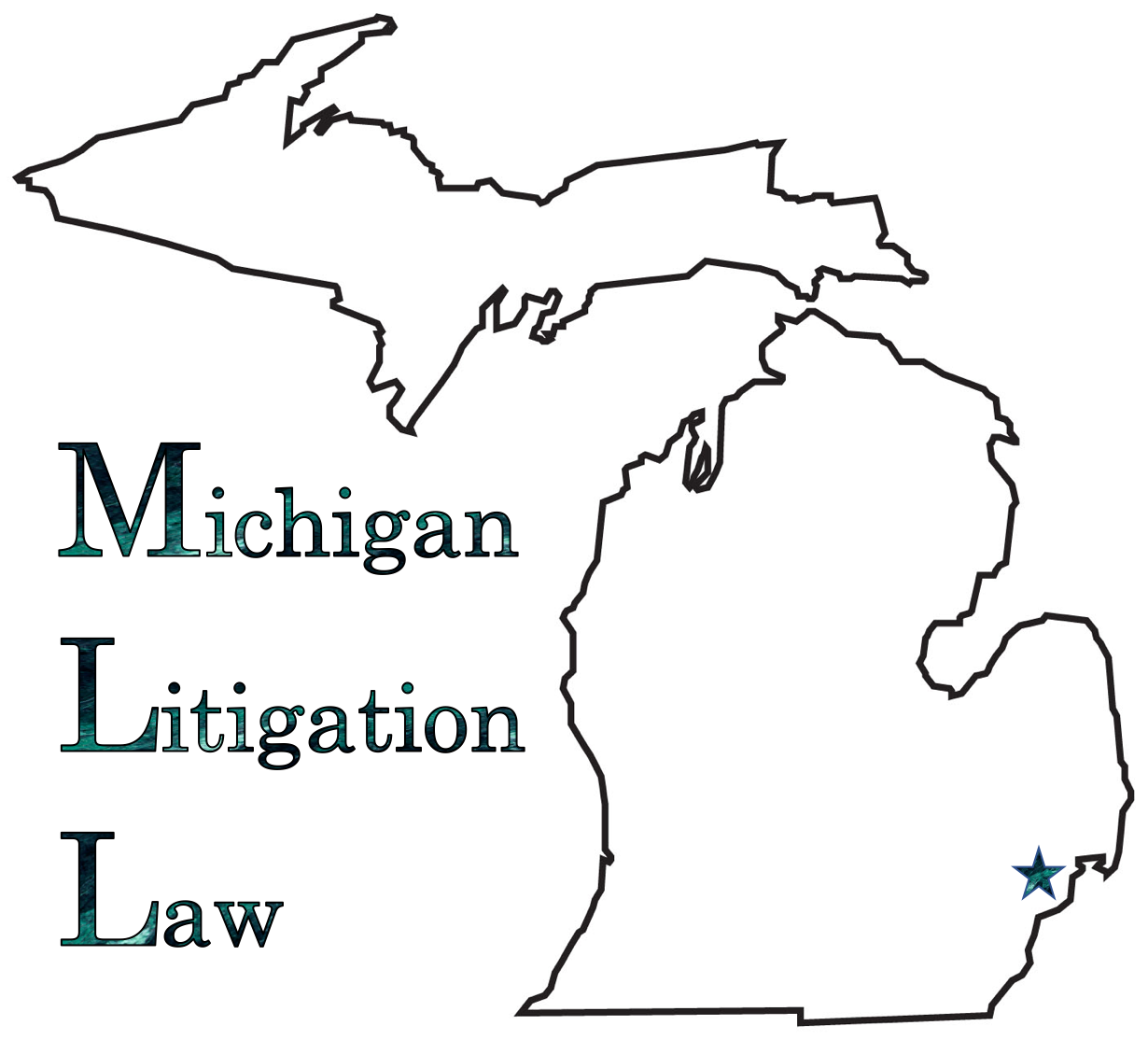What is Community Caretaking?
“Local police officers . . . frequently investigate vehicle accidents in which there is no claim of criminal liability and engage in what, for want of a better term, may be described as community caretaking functions, totally divorced from the detection, investigation, or acquisition of evidence relating to the violation of a criminal statute.”Cady v. Dombrowski, 413 U.S. 433, 441, 93 S. Ct. 2523, 2528 (1973)
"In considering the case before it, the Cady Court determined that the officers had acted not to investigate a crime, but out of "concern for the safety of the general public who might be endangered…” People v. Slaughter, 489 Mich. 302
Community Caretaking in Michigan
The Michigan Supreme Court has recognized the community caretaking exception as applicable under Michigan law. In People v Davis, the Court explained:
“The police perform a variety of functions that are separate from their duties to investigate and solve crimes. These duties are sometimes categorized under the heading of "community caretaking" or "police caretaking" functions. When police, while performing one of these functions, enter into a protected area and discover evidence of a crime, this evidence is often admissible. . .
[A]ccording to the United States Supreme Court, the defining characteristic of community caretaking functions is that they are totally unrelated to the criminal investigation duties of the police . . .
Federal and state courts have included a variety of police activities under the heading of community caretaking functions. Courts have held that impoundment of automobiles and inventory searches of them, as in Cady, responding to missing vehicle complaints, investigating noise complaints, and searching an unconscious person for identification are community caretaking functions.” (emphasis added). People v. Slaughter, 489 Mich. 302.
- “Of course, good faith alone is not sufficient to satisfy the requirements of the Fourth Amendment; firefighters must "possess specific and articulable facts" leading them to the conclusion that their imminent action is necessary . . .” People v. Slaughter, 489 Mich. 302, 323, 803 N.W.2d 171, 183-84 (2011).

